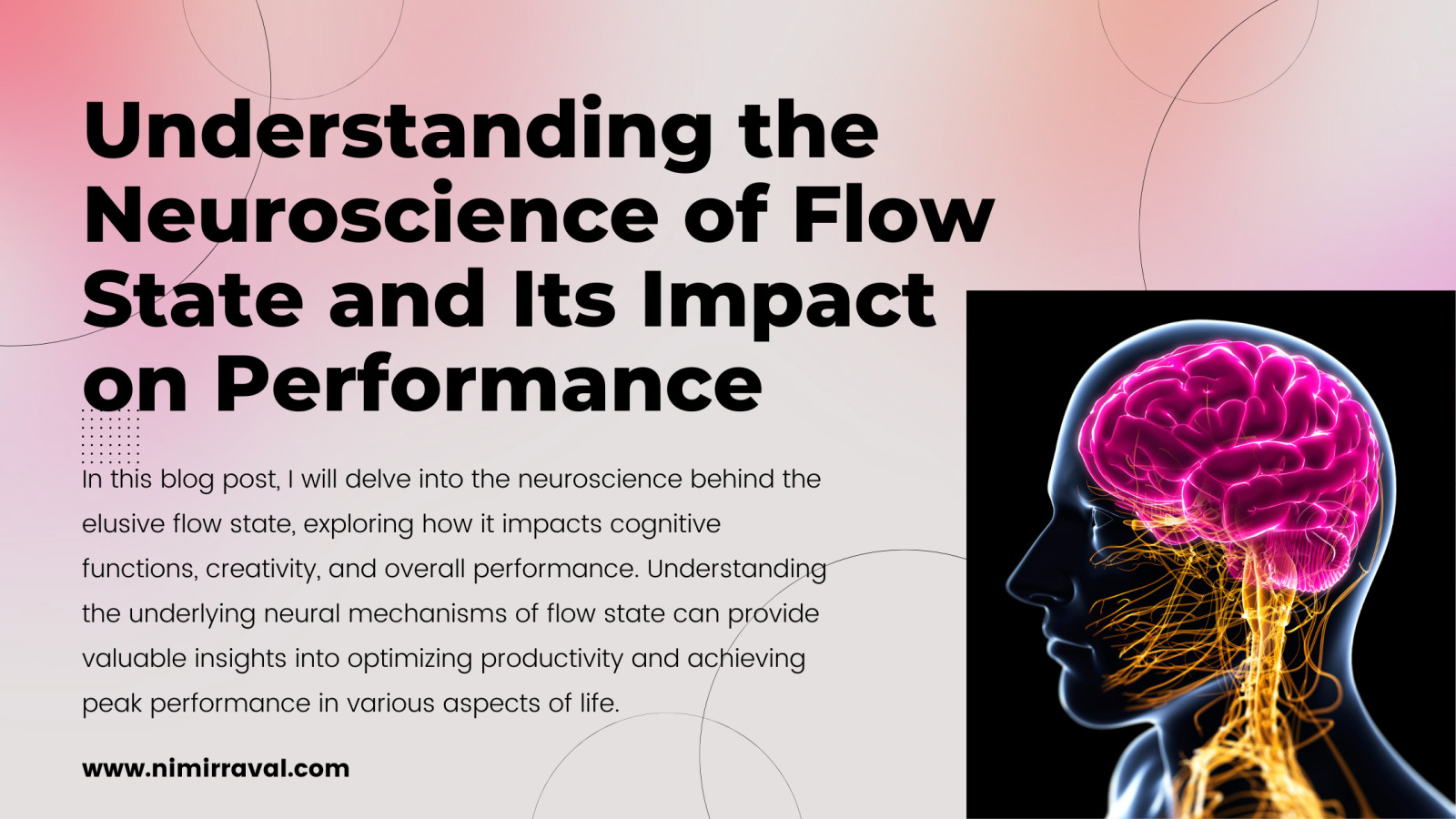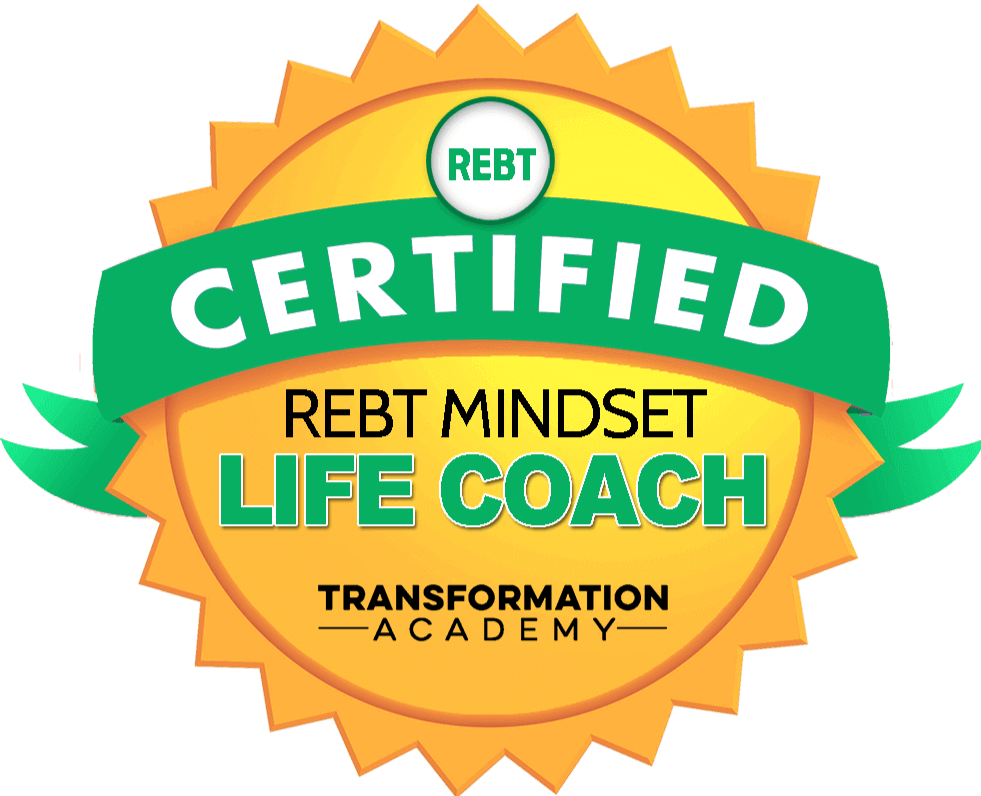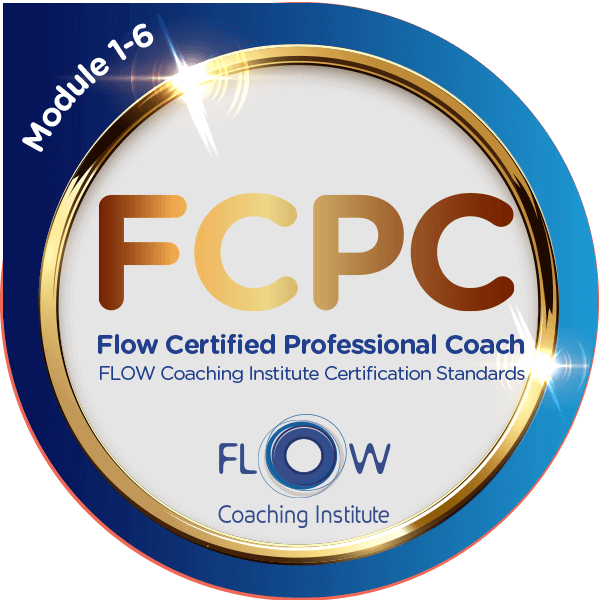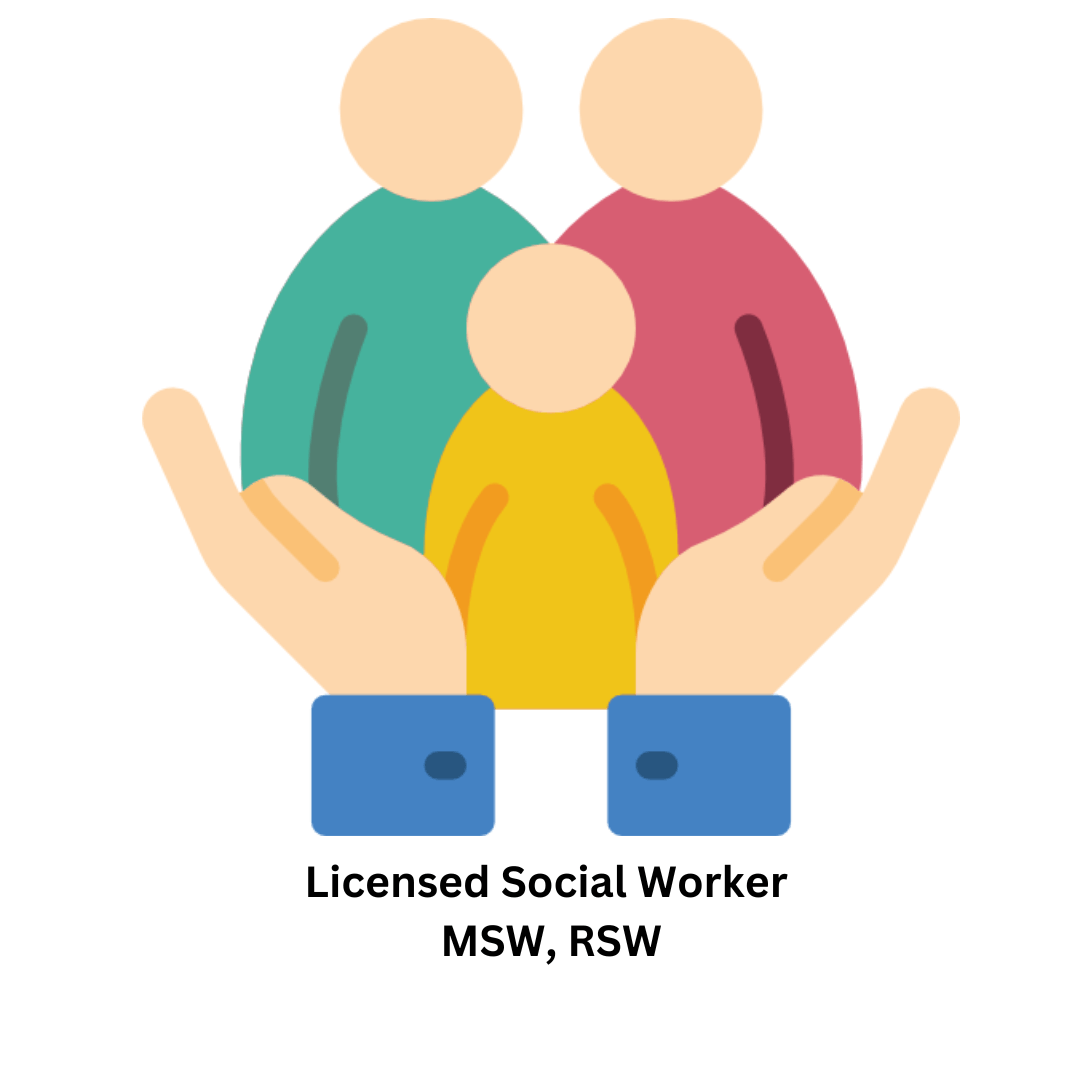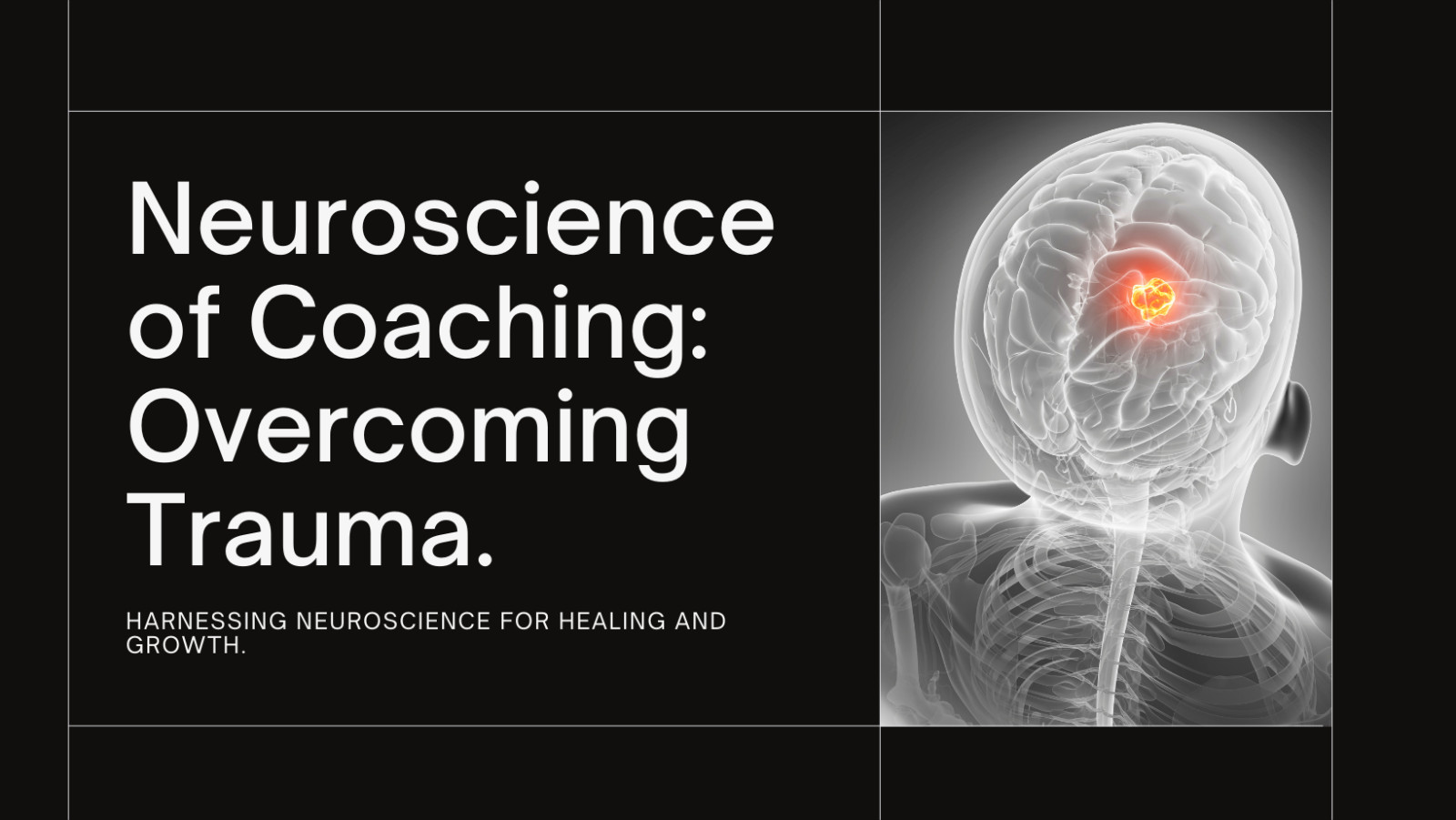
💫 Coping with the impact of trauma can be incredibly challenging. How have you been managing the effects of trauma on your daily life?
🧠 Neuroscience reveals how coaching can be transformative in overcoming trauma, rewiring neural pathways and fostering positive change. What challenges have you faced in overcoming the impact of trauma on your well-being?
🌱 Trauma can disrupt our brain's processing, leading to anxiety, depression, and emotional dysregulation. How has trauma affected your emotional well-being and sense of stability?
🤝 Selecting the right coach is crucial for your trauma healing journey. What kind of support would be most beneficial for you in navigating the complexities of trauma and healing from its effects?
This partnership leverages the power of coaching and neuroscience to foster a holistic approach to healing, enabling personal growth and fulfillment in the face of trauma's challenges.
Read my latest article and if you need you can always connect with me, the journey of healing from trauma is deeply personal, and it can lead to increased resilience and empowerment. If you are seeking support in overcoming trauma and fostering personal growth, I invite you to connect with me at nimir.raval@eigrowth.org for a holistic coaching experience. Let's embark on this transformative journey together.
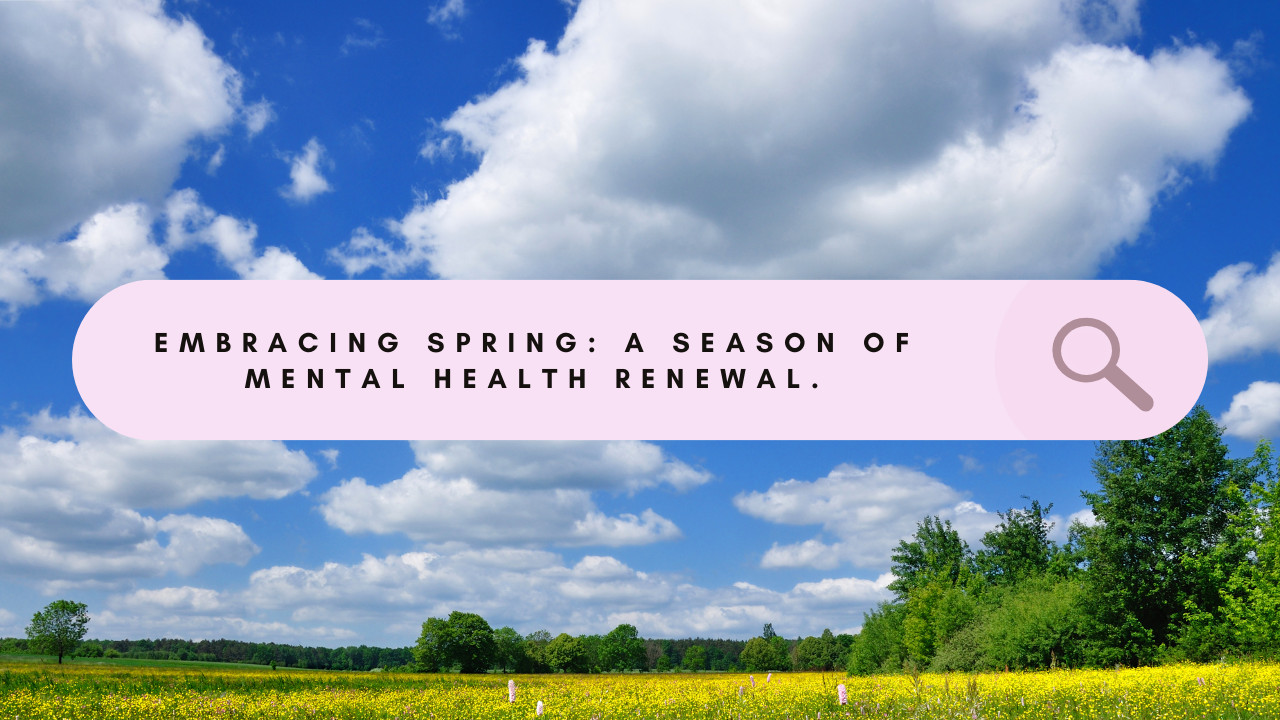
Spring, a season of vibrant blooms and rejuvenating energy, presents a unique opportunity for personal growth and enhancing mental well-being. As we transition from the cold of winter to the warmth of spring, the environment around us awakens, offering a potent reminder of the potential for renewal and transformation within ourselves. It's a time to embrace change, reassess personal goals, and engage in activities that foster growth and well-being.
The arrival of spring is not only a visual feast but also a period that can have a profound positive impact on our mental health. Exposure to the natural beauty of spring can help reduce stress and anxiety, boosting mood and overall well-being. Activities like outdoor exercise, gardening, and practicing mindfulness in nature are excellent ways to tap into the seasonal energy, promoting physical and emotional health.
This season encourages us to explore various paths to personal renewal, such as engaging in creative expression through art therapy, pursing innovative energy work like Reiki, or experiencing the calming effects of sound healing. Spring offers an array of opportunities to support mental health and embark on a journey of self-discovery and revitalization. By choosing activities that nourish the mind and soul, we can fully embrace the transformative power of spring and bloom alongside nature into our most resilient and positive selves.
Read more...
Stress and anxiety are frequent challenges in relationships, emerging from various pressures such as work, finances, or health issues. Addressing these concerns together can not only avert potential harm but also deepen mutual understanding and strengthen bonds between partners. Effective strategies and tools for managing these stresses are key to fostering a healthy, resilient connection that supports both individuals' well-being.
To combat these issues, practices like open communication, mindfulness techniques, setting boundaries, collaborative problem solving, and physical activity are essential. Additionally, employing tools such as shared journaling, couples therapy, and stress-tracking apps can provide valuable support. Together, these approaches encourage a supportive partnership, promoting trust, intimacy, and a fulfilling relationship dynamic.
Innovative solutions like crafting a relationship vision board, instigating gratitude rituals, embracing change and flexibility, engaging in shared hobbies, and integrating mindfulness practices further solidify the relationship. These activities not only enhance emotional connection and reduce stress but also cultivate a sense of joy and resilience. By embracing these strategies and tools, couples can embark on a journey toward a thriving partnership, reinforced by a deep, enduring bond and shared experiences.
Read more...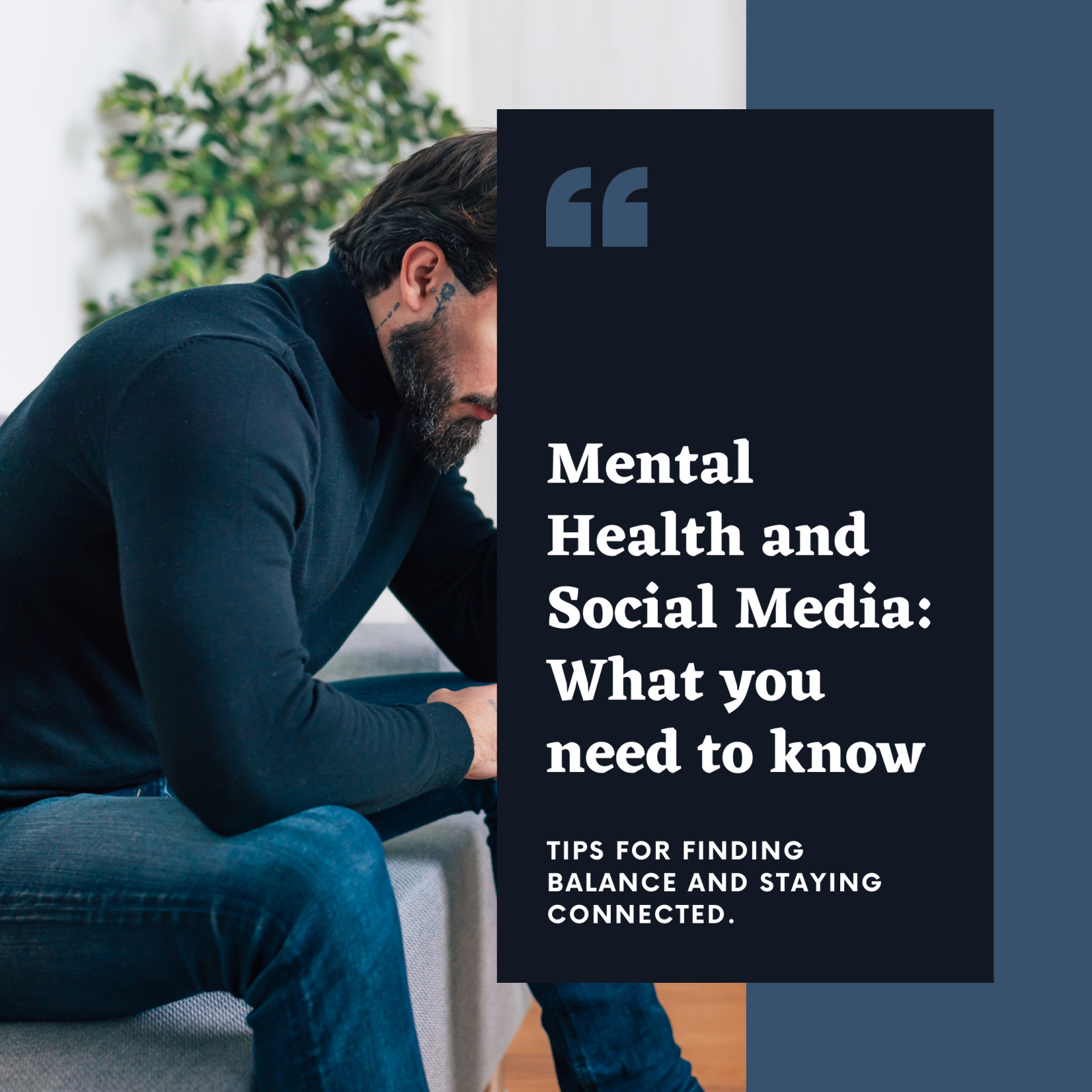
In the digital landscape of constant connectivity, social media plays a pivotal role in shaping our interactions and expressions. Despite its immense benefits for global communication and creativity, excessive social media use can detrimentally affect our mental health, leading to feelings of inadequacy, depression, and anxiety due to the onslaught of others' curated lives and the addictive nature of digital platforms. Establishing healthy boundaries is therefore essential to safeguard our well-being, enabling us to enjoy social media's advantages without allowing it to consume our time, emotions, and relationships.
For individuals, setting limits on social media consumption can significantly enhance mental health. Strategies like mindful engagement, limiting time spent on platforms, unfollowing negative accounts, and incorporating screen-free activities into daily routines can prevent feelings of inadequacy and boost overall happiness. For parents, professionals, and couples, creating specific boundaries around digital use can help combat potential negative impacts on children's development, work-life balance, and relationship satisfaction, encouraging more meaningful offline connections and personal fulfillment.
To maintain a healthy relationship with social media, it's not just about setting boundaries; incorporating regular digital detoxes, seeking professional help when needed, and cultivating self-compassion are also vital. By tackling the challenges of digital interaction with proactive strategies, individuals can find a balanced approach to social media, ensuring it remains a tool for positive connection and self-expression rather than a source of stress. Achieving this balance is key to leveraging the power of social media while protecting and prioritizing mental health.
Read more...
Anxiety is a prevalent mental health issue that significantly affects individuals' lives worldwide, but overcoming it is possible with the right strategies and support. Coaching plays a vital role in this journey, focusing on the present and future to empower individuals to manage their thoughts and actions effectively. By setting realistic goals, developing coping mechanisms, and utilizing cognitive-behavioral techniques, coaching offers a path toward managing and overcoming anxiety.
Incorporating mindfulness and relaxation techniques into one’s routine, guided by a coach, can greatly aid individuals in managing their anxiety, promoting a sense of calm and well-being. Furthermore, building resilience and boosting self-confidence are key focuses in anxiety coaching, helping individuals bounce back from challenges and foster a positive mindset. Finding the right coach, who provides a supportive environment and tailored techniques, is crucial in taking the next step toward a life free from anxiety.
To assist those facing the challenges of anxiety, coaching provides actionable steps and ongoing support to regain control and lead a fulfilling life. Setting goals, challenging negative thoughts, and prioritizing self-care are among the effective strategies shared. For anyone struggling with anxiety, seeking the guidance of a specialized anxiety coach could be the beginning of a transformative journey towards healing and personal growth.
Read more...
Wellness trends are continually transforming the way we understand and care for our physical, mental, and emotional health. These trends highlight the importance of personal well-being, illustrating how it influences our physical health, emotional balance, happiness, and resilience against stress. Innovations in technology such as wearable devices, telemedicine, mental health apps, and virtual reality offer new methods to enhance our well-being, making personal health practices more accessible and tailored to individual needs.
The emergence of mindfulness and mental wellness practices emphasize the significance of being present and fully engaged with our thoughts and environment, showcasing the benefits of meditation and mindfulness on stress reduction and mental clarity. Similarly, biohacking presents a proactive approach to personal health, emphasizing the use of technology and lifestyle changes to optimize physical performance and well-being. These methods, along with holistic and integrative wellness practices, offer comprehensive ways to improve health and prevent illness by addressing the mind, body, and spirit collectively.
Amidst evolving wellness trends, the integration of social and environmental factors highlights the interconnectedness of our well-being with the communities and environment we inhabit. Creating supportive, inclusive spaces and adopting sustainable living practices are emerging as crucial elements of holistic well-being. Embracing these wellness innovations can lead to significant improvements in physical health, mental clarity, and emotional balance, marking a path toward a more fulfilling life.
Read more...
In this blog post, I explore the concept of procrastination, its underlying causes, and its impact on mental health. Perfectionism is identified as a common roadblock that fuels procrastination, leading to excessive self-criticism and fear of failure. Recognizing the signs of being stuck in a perfectionist mindset is crucial for overcoming this trap and becoming more efficient and satisfied with your work. Procrastination can take a toll on your mental health, causing increased stress, anxiety, and feelings of guilt or low self-worth. By recognizing your procrastination patterns and implementing strategies such as breaking tasks into smaller steps and setting achievable goals, you can overcome procrastination and achieve greater productivity. Embracing progress over perfection and celebrating small victories along the way can help you stay motivated and ultimately lead to long-term success. Seeking support and accountability from others is also beneficial in overcoming procrastination, especially if perfectionism is a significant obstacle for you.
Read more...
This blog post explores the challenges of winter and post-holiday blues and offers five mental health strategies to navigate this season with greater ease. It emphasizes the importance of self-care practices, such as reading, warm baths, and mindfulness, to alleviate stress and enhance mood. Staying physically active is also crucial for mental well-being, as regular exercise releases endorphins and reduces stress, anxiety, and depression. Seeking support from loved ones and professionals, using light therapy, and exploring alternative therapies are other effective strategies highlighted in the article. Additionally, maintaining a well-balanced diet is pivotal in supporting mental health during the winter months. By prioritizing these strategies, individuals can combat the winter blues and embrace self-care for optimal mental well-being.

Understanding work-life balance is crucial for maintaining mental and physical well-being. Achieving balance between work and personal life allows for improved performance at work and quality time spent with family and pursuing hobbies. Wellness programs in the workplace positively impact work-life balance by helping employees manage stress, improve physical health, and enhance overall well-being. Incorporating wellness into daily routines brings several benefits such as improved mental and physical health, increased productivity, better stress management, and enhanced work-life balance. Participating in wellness activities like yoga, meditation, and regular exercise promotes relaxation, boosts energy levels, and enhances mental clarity. Creating a work environment that promotes employee wellness and setting wellness goals are crucial aspects of achieving work-life balance. Mental and emotional wellness, as well as physical wellness, play significant roles in maintaining work-life balance. Financial wellness strategies, such as creating a budget and investing in retirement plans, are also essential for a balanced work-life routine. Prioritizing wellness is the key to achieving a healthy work-life balance and creating a more fulfilling life.
Read more...
Understanding Anxiety and Depression - Anxiety and depression are common mental health conditions that can affect anyone, and it's important to recognize that they are serious medical conditions, not signs of weakness. These conditions can be caused by a combination of factors and seeking professional help is crucial. Treatment options may include therapy, medication, lifestyle changes, and support from loved ones.
The Connection Between Life Balance and Mental Health - Maintaining a balanced lifestyle can significantly impact your mental well-being. Studies have shown that finding the right mix between work, social life, and personal time can reduce the symptoms of anxiety and depression. Taking care of your physical and emotional health is also crucial. Regular physical activity, a balanced diet, and practicing mindfulness and relaxation techniques can help manage stress and improve overall mental health.
Strategies for Achieving Life Balance - To achieve life balance, prioritize self-care, set boundaries, establish routines, seek support, and practice mindfulness. These strategies can help you establish a sense of balance and reduce the impact of anxiety and depression in daily life. Engaging in regular self-care activities, such as physical activity, healthy eating, and mindfulness, can significantly help manage stress and reduce symptoms. Seeking professional help is also important, as finding the right therapist can make a significant difference in managing anxiety and depression. Prioritizing life balance can positively impact mental well-being by reducing stress, improving coping skills, and enhancing overall mental health.
Read more...
Are you ready to tap into your full potential and lead an extraordinary life? Being awesome isn't about conforming to societal norms or comparing yourself to others. It's about embracing your uniqueness and celebrating what makes you truly special. Cultivating a growth mindset, practicing self-compassion, setting meaningful goals, and spreading kindness are all key ingredients to unleash your awesomeness.
Embracing your individuality is the first step towards unlocking your awesomeness. Instead of trying to fit into society's expectations, learn to celebrate what makes you unique. By embracing your individuality, you open yourself up to new possibilities and discover hidden talents and abilities within. Remember, being awesome is not a fixed state; it's an ongoing journey of personal growth and development.
To truly unleash your awesomeness, it's important to cultivate a growth mindset. Embrace challenges as opportunities for growth, learn from your mistakes, and constantly seek self-improvement. By adopting a growth mindset, you'll discover that there are no limits to what you can achieve. Each challenge becomes a stepping stone towards your awesomeness.
Practicing self-compassion is another crucial aspect of being awesome. Accept your flaws, weaknesses, and limitations, and treat yourself with kindness, understanding, and forgiveness. Embrace your imperfections as part of what makes you unique. Instead of focusing on self-criticism, shift your focus to self-improvement. Remember, being awesome is about embracing your whole self, flaws and all.
Setting meaningful goals is essential to living an awesome life. Identify what truly matters to you and align your goals with your values and passions. Having a clear purpose and direction will keep you motivated and focused on your journey of awesomeness. Break your goals down into actionable steps, celebrate your progress, and adjust your path as needed. With each milestone reached, you'll inch closer to living your most awesome life.
True awesomeness lies not only in personal achievements but also in the impact you have on others. Spread kindness, positivity, and love wherever you go. Small acts of kindness can have a ripple effect, inspiring others to embrace their own awesomeness. Support and uplift those around you, celebrate their successes, and be a source of encouragement. Create a positive and supportive environment where awesomeness thrives.
In conclusion, being awesome is not a destination but a way of life. Embrace your uniqueness, nurture a growth mindset, practice self-compassion, set meaningful goals, and spread kindness. You have the power within you to make a positive impact and lead an extraordinary life. Embrace your awesomeness, shine your light, and inspire others to do the same. Remember, each of us has a unique brand of awesomeness to offer the world.
Read more...

